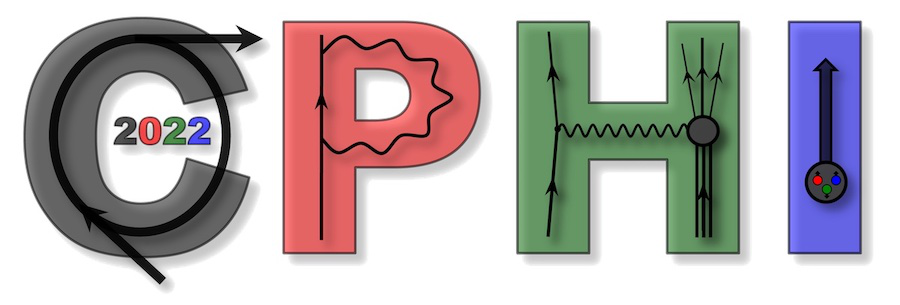Speaker
Description
The azimuthal correlation of high transverse momentum jets in collisions at 13 TeV is studied by applying PB-TMD distributions to NLO calculations via MCatNLO together with the PB-TMD parton shower in Cascade3. A very good description of the cross section as a function of the azimuthal correlation is observed. In the back-to-back region, a very good agreement is observed with the PB-TMD Set 2 distributions while significant deviations are obtained with the PB-TMD Set 1 distributions. Set 1 uses the evolution scale while Set 2 uses transverse momentum as an argument in the strong coupling, and the above observation therefore confirms the importance of an appropriate soft-gluon coupling in angular ordered parton evolution. The total uncertainties of the predictions are dominated by the scale uncertainties of the matrix element, while the uncertainties coming from the PB-TMDs and the corresponding PB-TMD shower are very small. Measurements of the azimuthal correlation by CMS are also compared with predictions using MCatNLO together with PYTHIA8, illustrating the importance of details of the parton shower evolution.
This talk is based on the recently published paper in Eur.Phys.J.C 82 (2022) 1, 36 (arXiv:2112.10465 [hep-ph]).

